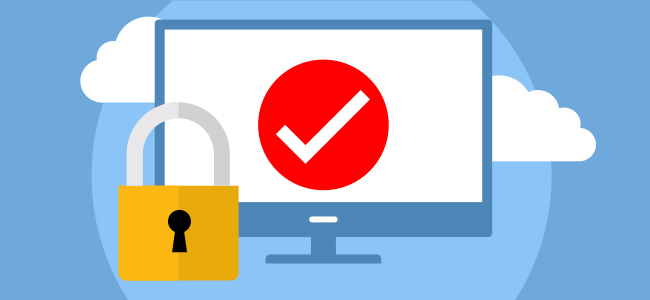When you make your site live it is similar to keeping your office door unlocked with the safe open. In other words, it is an open secret that your data is vulnerable to anyone who enters the premises. And people with malicious intent are not rare to come by. So, the website needs to be protected at all costs from hackers. Site protection is somewhat similar to why you install locks for your safes and doors. The only difference being that you will perhaps not realize a theft has happened when you do fail to install protection systems. Cyber thefts happen quickly and the cyber criminals are fast and invisible. Hackers can target your data hosted on the data center for stealing or they may simply want to mar your reputation online. While undoing the damages inflicted by hacking may be tough, it is indeed possible to prevent these from happening in the first place.

Tips to protect sites from hackers:
- One of the first things that you can do to safeguard your site from possible break-ins is to keep yourself updated with all possible threats. When you have basic idea of what kind of threats are possible, you can understand how best to protect the site.
- The admin level is where an intruder can get access into a website. So, your duty is to use passwords and names which cannot be easily guessed by hackers. You can also limit the number of times a user can try to log in, since email accounts are also prone to hacking. Login details should also not be sent through emails because unauthorized users can easily get access to your account.
- Updates are costly but absolutely imperative to protect websites from hackers. Whenever you delay routine updates, you are exposing the site to threats. Hackers are equipped to scan hundreds of sites in a very short time to detect vulnerabilities and when they find one, they will not wait. Since their networking is super strong, if any one hacker knows the way in, others will know it in no time.
- While you may feel that your site contains no information which will make it valuable for hackers, the truth is that hacking takes place all the time. These may not be done for stealing data only; the hackers may be interested in using your emails for transferring spam or they wish to install a temporary server to serve illegal files.
- It is important to beware of SQL injections that occur when hackers will use URL parameters or web form field for getting access to your database so that they can manipulate this. If you are using the Transact SQL, inserting a rogue code is simple and this may be used by hackers for changing tables or deleting data or extracting sensitive information. So, it is recommended that you use parameterized queries as most web languages will offer this easy-to-use feature.
- Another critical measure to keep website free from hackers is to protect them from XSS attacks. The cross-scripting attacks or XSS attacks will introduce malicious JavaScript in the web pages that run in your users’ browsers and they can alter the content or steal data and send these to the attackers. This is an important security concern especially with regard to all modern day web apps where the pages have been created mainly from user content. So, you need to focus on ways in which user-generated content is bypassing the limits you are setting and getting interpreted by browsers as something which is not what you intended it to be.
- You can install Web Application Firewall (WAF) which is either hardware or software based and this is between your data connections and site server. So, it will read every bit of information which goes through it. Most modern WAFs run on cloud technologies and are offered as plug-and-play features for modest charges.
- You should also be wary of the amount of information that is being shared on error messages. You are expected to give your users only minimal errors and ensure that these do not give away your server secrets, like database passwords or API keys.
- You can also hide admin pages because you do not want these indexed by the search engines. When these are not indexed, hackers will find it hard to find them. Besides, you can limit file uploads as these will often let bugs pass through even if the system checks them thoroughly. It is best to store these outside root directories and use scripts for accessing them when needed.
- You can also use SSL encrypted protocols for transferring user data between the database and website. This will make sure that the data does not get intercepted in transit or accessed by unauthorized users.
- Leaving auto-fill forms on sites make it vulnerable to attacks when the user phone or computer has been stolen or lost.
- To prevent the data from being corrupted or lost permanently, it is best to keep all data backed-up. You can conduct backups many times and each time, the backups should be carried out in multiple locations for data safety.
- You can also use website security tools which are known as penetration testing tools. You can choose from many free commercial products. For instance, Netsparker which is ideal for XSS attacks and SQL injection attacks, SecurityHeaders.io which reports security headers any domain enables and configures.






 Live Chat
Live Chat